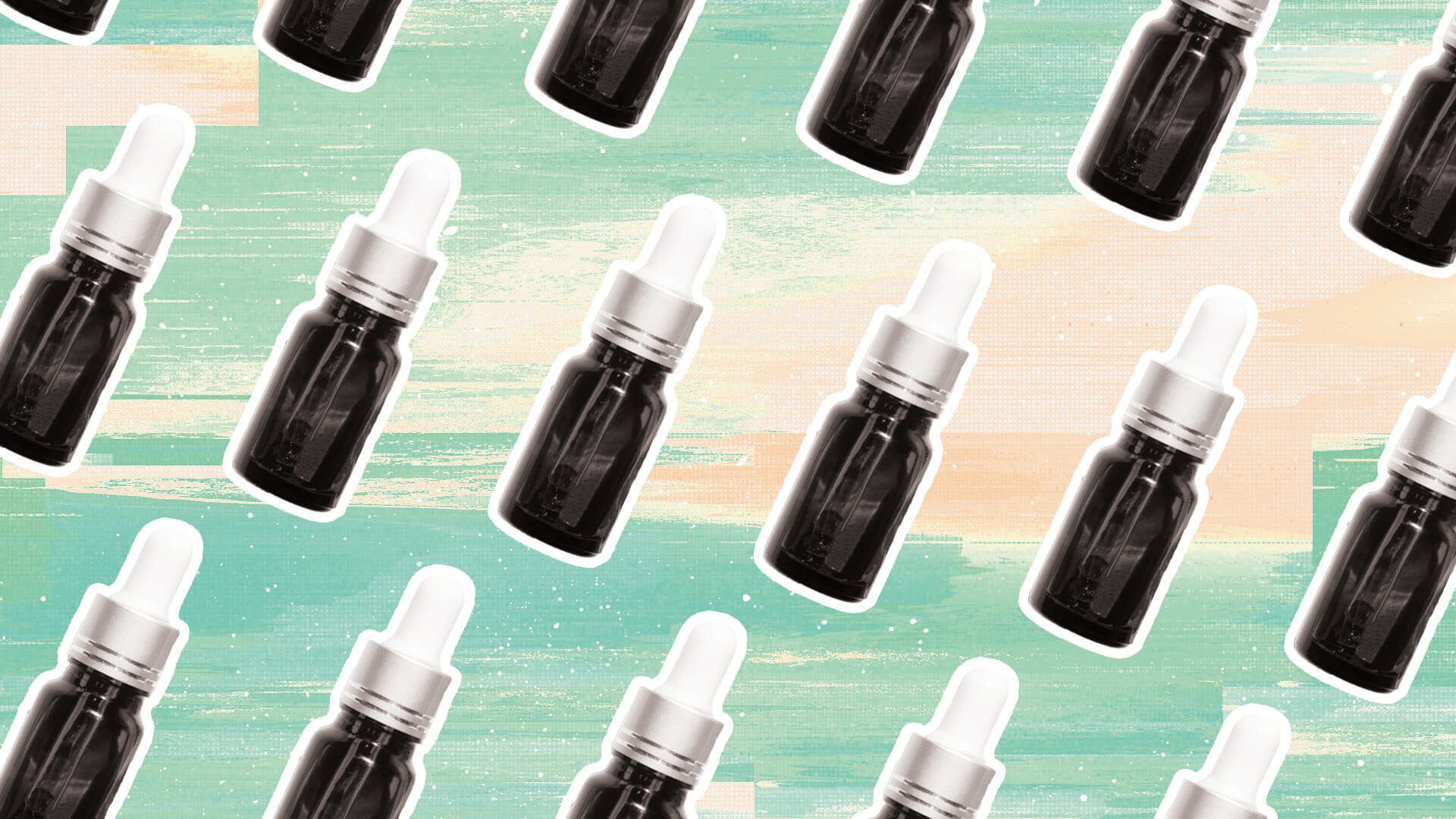In 2018, the beauty community basically burst into flames over an article titled, The Skincare Con. In it, Krithika Varagur paralleled skin care to a vanity performance, money scam and “chemical violence.” Wow.
Unsurprisingly, Varagur was met with tons of backlash (don’t come at our sheet masks). Enthusiasts asserted that skin care was more than appearance or dumping their money into useless products. It stood for control, health and investing in our own happiness.
Although the press has settled, the skin care debate continues: critiquing “skin care as self care,” brand intentions or our focus on our appearances. Yet even as we bicker, the industry is thriving.
Where’s the Market At?
Both luxury and drugstore brands are harnessing the power of the skin care movement. Neiman Marcus had an 11 percent increase in skin care offerings, while the number of new skin care products at Target exceeded makeup by nearly 14 times.
As better skin diminishes the need for makeup, skin care has become the top cosmetic prospect. 37 percent of women now wear less makeup, a preference that creates obvious market implications. According to L’Oréal’s 2018 Annual Report, skin care accounted for 39 percent of the beauty market, while makeup accounted for 19 percent. As a result, many companies have shifted to “skin care-adjacent” products, such as setting sprays, lip balms and tinted moisturizers. These are the only types of cosmetics with growing sales.
The Head-on Collision of Beauty & Wellness
The growing number of skin care fanatics show that the industry is doing something right. Beauty enthusiasts are collecting products that benefit their skin and, ultimately, feeling happier because of it. Doing so has allowed us to reclaim our time and take a break from our crazy world. Spending money to enjoy it is no different than paying for another service.
This year, Clique (Who What Wear’s parent company) found that 63 percent of women in their community view skin care as an investment in their wellness. That’s the kicker: it’s not just about appearance. Skin care has made our health the route to beauty. Understanding ingredients and their effects on our chemistry has become a key pillar. So, too, has analyzing how our diets and lifestyles affect our skin. This focus on beauty literally from within has encouraged consumers to take proactive measures that improve their health and reward them with glowing skin.
Skin care education has become increasingly accessible, with YouTube and Reddit growing into Meccas of dermatological info. We’ve also seen skin care launches that appeal to all budgets. Walmart’s in-house brand “Earth to Skin” is just one example, with kits starting at under $10.
To The Critics…
The responses to the skin care movement have been as diverse as they’ve been passionate. And there’s a lot to be said! The acne-positive movement is on the rise, as well as consumer conversations safe actives use. Skin care’s role in self care has also become a divisive issue, with feminist, anti-capitalist communities re-establishing the movement’s roots.
Still, as we ask whether skin care is a scam or our savior, the numbers don’t lie. The industry is on the rise, and many people are happy about their investments. Of course, there will always be ineffective and overpriced products in the skin care market, as there are in every industry. However, I encourage users to do their research, find products that work best for their lifestyles and ultimately, anticipate a little trial and error.
This increased focus on health and wellness is a huge step in the right direction, especially as hustle culture infringes on our personal time. The solution to consumers’ increased stress isn’t disregarding health but developing an awareness, respect and involvement in its growth. Plus, we get to test some fun, new products along the way!
Self care practices, such as skin care, let us reclaim our time purely for ourselves while improving our mental and physical health. As we enter 2020, we should anticipate the continued growth of this skin care-forward, makeup-second industry as well as the huge cultural shifts it will bring for the beauty community.


